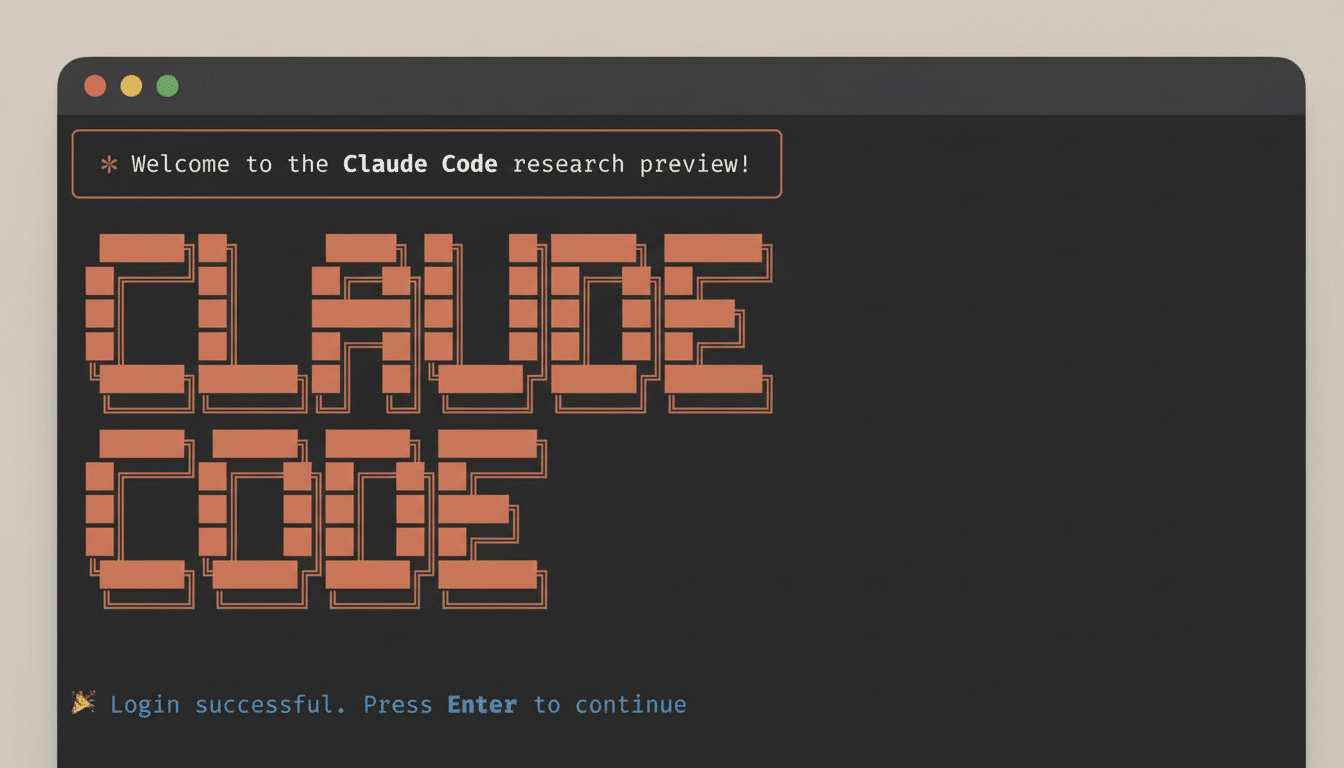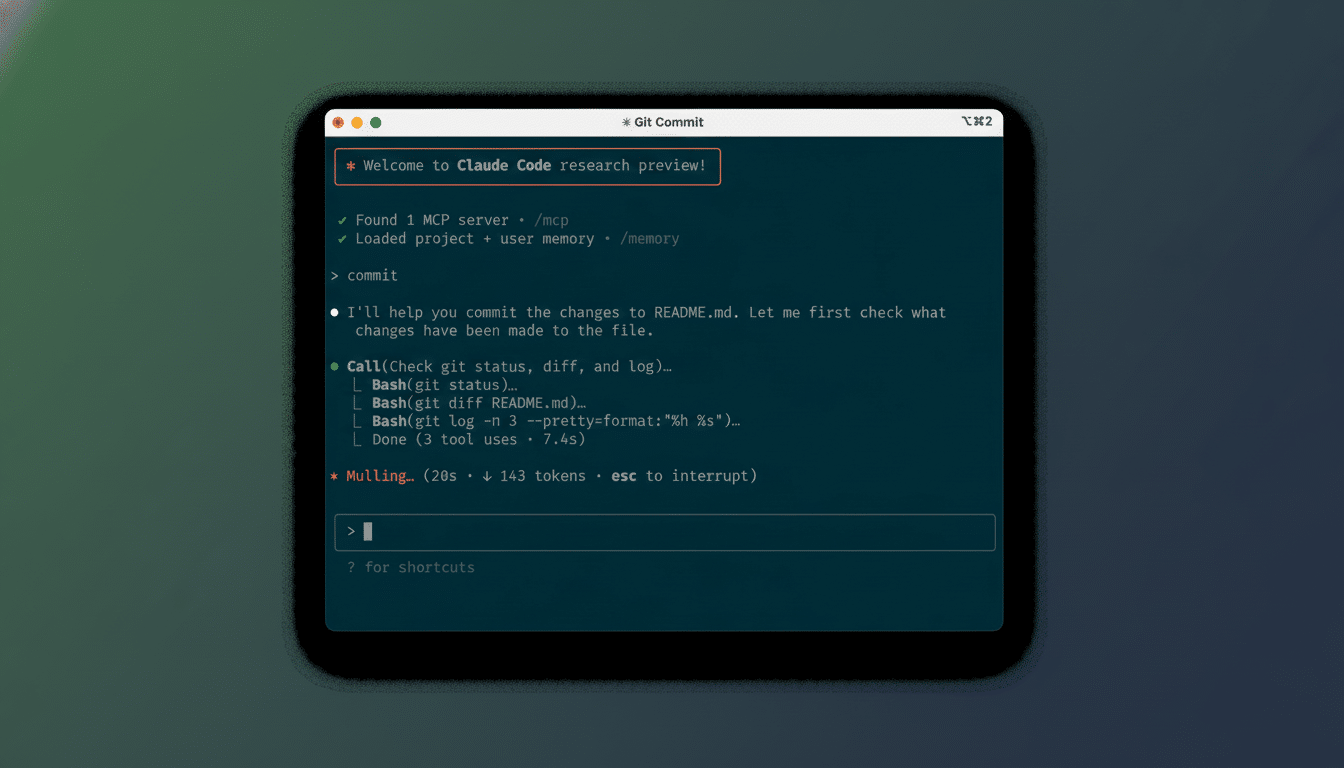Anthropic is releasing the AI coding assistant to the browser. It opens Claude Code to the web and mobile, allowing teams to spin up, run, and observe multiple coding agents without having to live in the terminal. This puts Claude Code on the web beyond its command-line roots and aims for the fact of modern software development: developers switch between their integrated development environments, terminals, problem trackers, and the internet, thus having the platform that lowers the barriers to entry for newcomers, but also serves as a central hub for power engineers to organize their agents working across repositories and projects. Here is what users get with Claude Code on the web:
What Claude Code On The Web Adds
People can now create and manage many independent coding agents in their browser, where each agent is contextually scoped to an assignment. This assignment could include generating tests, refactoring a single module, or building a migration plan for removal—all jobs that benefit from autonomy and job monitoring. The browser also makes it easier to review diffs, tweak prompts, and share task context with collaborators without switching consoles or screen sharing.

Anthropic clarified that its web app complements rather than replaces its CLI. It means that power users still have the speed and scriptability of the terminal, and the web app assists, enabling teams to map runs, keep context between them, and document choices in a way that is easier to audit.
Pricing And Access
Claude Code on the web will launch to paid subscribers on Anthropic’s Pro and Max tiers. The business lists Pro at $20 per month and Max at $100 and $200 per month, with product access available via the main Claude interface under a dedicated Code tab and the iOS app. The positioning behind paid plans suggests Anthropic sees Claude Code as a premium, professional tool, not a kind of mass-market consumer feature. This is consistent with how enterprises evaluate AI developer tooling—by reliability, governance, and total cost of ownership, instead of novelty. The browser launch puts Claude Code into a highly competitive lane. GitHub Copilot has established early mindshare, and web-forward assistants from Cursor, Google, and OpenAI already allow developers to iterate without opening an IDE. Anthropic is wagering that agentic workflows and strong reasoning models can stand out in a market that is still maturing. The bet isn’t purely speculative. Claude Code usage has grown by around a multiple of ten since the latest version’s more extensive launch, the company said. Usage is tracking at more than $500 million annually, not bad for a developer product that barely existed a while ago. Ramping growth has been a company-wide priority over the summer, pushing Claude Code to compete against counterparts in the modern dev stack.
Early AI coding helpers simply worked like smarter autocomplete, guessing the next line. The new wave is agentic: you feed an assistant a scoped objective, and it plans, executes, and iterates with much less hand-holding. Historically, leaders within Anthropic traditionally say their own AIs modeled the preponderance of Claude Code’s codebase, demonstrating the extent internal dogfooding can propel agent adoption. Anthropic’s chief executive observes AI will begin writing most application code; it will be managed, examined, and integrated by engineers. But such distribution becoming typical in the industry relies on how accurately agents manage vast, dirty repositories as well as how thoroughly they snap into active CI/CD systems.

Claude Code’s web presence won’t erase those challenges, but it can reduce friction points that manifest as trust – better surfacing of agent plans, clearer diffs, and faster feedback loops typically mean fewer retries. The real question will be whether teams can bake agent workflows into trunk-based development, code review culture, and security gates without introducing new bottlenecks.
Why The CLI Still Matters
Anthropic invests in the CLI as an anchor for serious use. Command-line authority means reproducibility, scripting, and deep customization—stuff that experienced developers rely on. The web app is primarily a coordination layer: start up agents, track runs, tweak constraints, and hand off chores in a joint vision.
What To Watch Next
- Tighter editor integrations
- Improved repository indexing
- More durable controls for policy, secrets, and compliance
Enterprises will require more clarity: the editor of each change, how requests evolved, and the copies created for each request. Those administration features frequently confirm whether pilots come to be normal practice.
Bottom Line
Bringing Claude Code to the web is a practical innovation that boosts access and makes agent workflow more pleasant. If Anthropic follows this UX improvement up with additional trust in its steadiness and safety, the internet will become the space where AI agents carry out their duties, and innovators succeed with them confidently.

